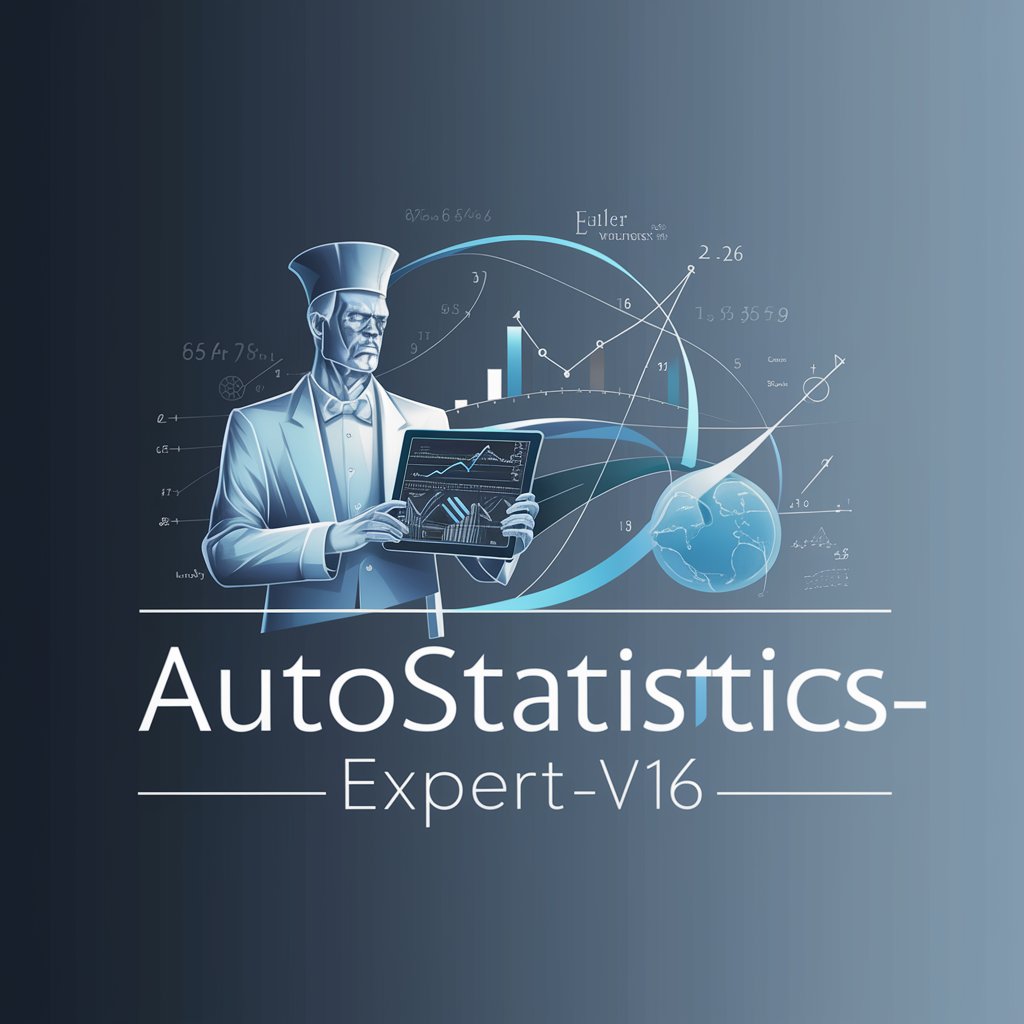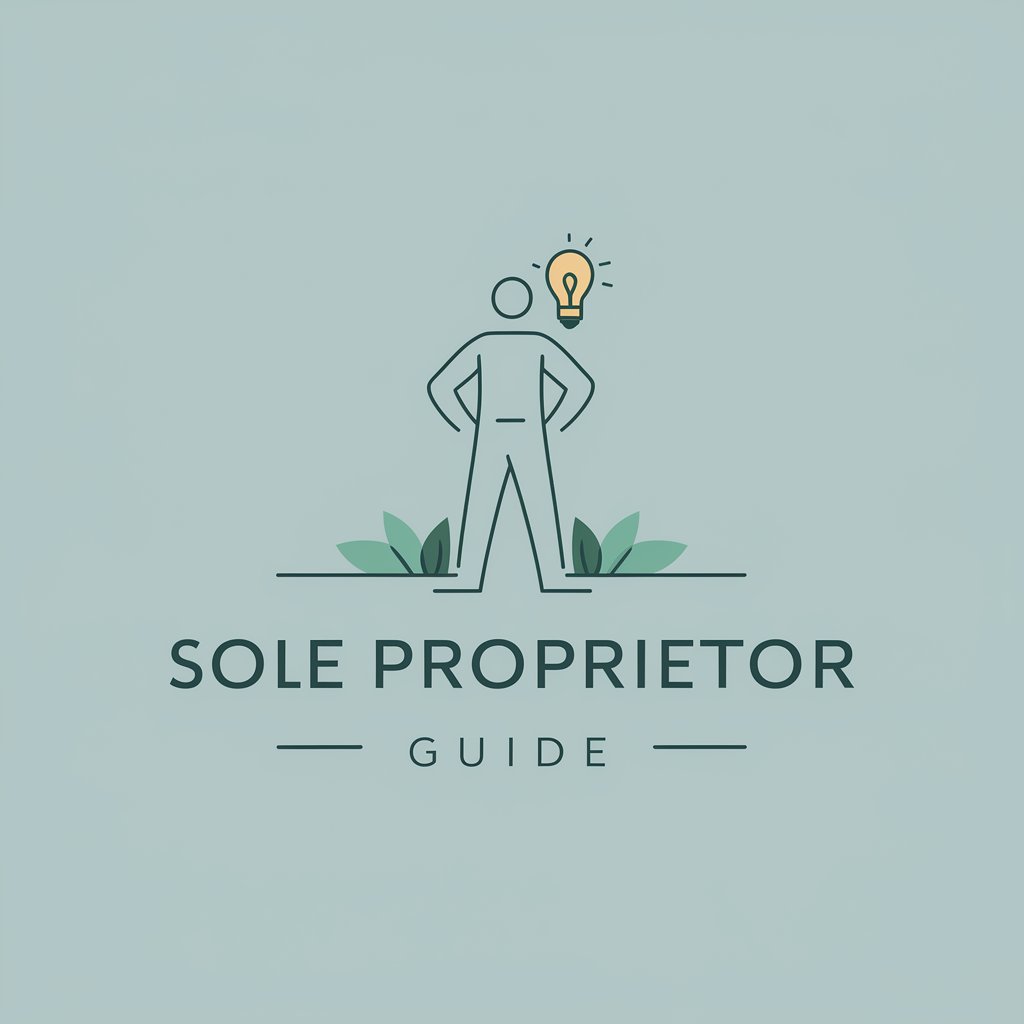
Tesis, trabajos universitarios, investigación - Thesis Writing & Research Aid

Bienvenidos, su guía académica para la investigación y la redacción profesional.
Empower Your Research with AI
Explore the methodology behind...
Analyze the impact of recent research on...
Discuss the significance of proper citation in...
Evaluate the effectiveness of different writing techniques in...
Get Embed Code
Introduction to Tesis, Trabajos Universitarios, Investigación
Tesis, trabajos universitarios, investigación is designed to assist users in the creation, development, and refinement of academic and research projects, including theses, dissertations, and various forms of university assignments. Its core purpose is to offer guidance and support through the entire research process, from the initial idea conceptualization to the final writing and presentation stages. This includes help with defining research questions, methodology selection, data collection and analysis, as well as writing and citation standards adherence. For example, a student beginning their thesis might use Tesis, trabajos universitarios, investigación to understand how to formulate a compelling research question, choose an appropriate methodology, and correctly apply APA citation style. Powered by ChatGPT-4o。

Main Functions of Tesis, Trabajos Universitarios, Investigación
Methodology Guidance
Example
Assisting in the selection of qualitative, quantitative, or mixed research methods based on the study's objectives.
Scenario
A graduate student unsure about the best approach to research a topic in psychology might receive detailed advice on the benefits and drawbacks of various methodologies, including examples of situations where each is most applicable.
Writing and Citation Assistance
Example
Offering detailed instructions on academic writing standards and citation formats (e.g., APA, MLA).
Scenario
A user struggling to understand how to properly format in-text citations and references for their term paper can access examples and explanations tailored to their specific citation style.
Data Analysis Support
Example
Providing guidance on statistical software usage for analyzing research data.
Scenario
An undergraduate student conducting a survey for their final year project can receive step-by-step tutorials on using software like SPSS or R to input, analyze, and interpret their data.
Ideal Users of Tesis, Trabajos Universitarios, Investigación Services
University Students
Undergraduate, graduate, and postgraduate students working on theses, dissertations, or any academic assignments. They benefit from comprehensive research, writing, and data analysis support.
Academic Researchers
Early-career researchers or academics in need of assistance with publishing papers, understanding research methodologies, or exploring new research tools and software.
High School Students
Students working on capstone projects or advanced research assignments who require foundational guidance in academic writing and research methodologies.

Using Tesis, Trabajos Universitarios, Investigación
1
Initiate your journey by accessing yeschat.ai to explore a free trial, no login or ChatGPT Plus required.
2
Identify your academic or research topic to focus your queries and interactions with the tool.
3
Utilize the tool to generate ideas, outline your thesis or university project, and explore related literature.
4
Engage with the tool to refine your research questions, methodology, and for drafting sections of your work.
5
Leverage the tool's ability to review and polish your final draft, ensuring clarity, coherence, and academic integrity.
Try other advanced and practical GPTs
Experto en Tesis
AI-powered Thesis Structuring Support

SASSY the SAS EG Analyst
AI-powered SAS to PROC SQL Conversion Tool

Math Expert 👉🏼 Data, Business & Finance
AI-powered assistant for math, business, and finance.

EverestLab's COO
Empowering Strategic Decisions with AI

Pump Guru
Elevate Your Pump Operations with AI

Peak Digital Reel Maker
Turn text into compelling video content

AutoStatistics-Expert-V16
Statistical Expertise at Your Fingertips

Sole Proprietor Guide
Empowering Sole Proprietors with AI-driven Insights

Infinite Tarot
Unveil Your Path with AI-Enhanced Tarot

Fun Facts and Trivia
Engage, Learn, Discover!

Agente de Vendas Externas
Enhance Your Sales with AI

Survival Guide for Extreme Weather Conditions
Empower, Prepare, Survive with AI

Q&A on Tesis, Trabajos Universitarios, Investigación
How can this tool assist in the initial stages of thesis writing?
It can help by providing a structured approach to brainstorming topics, formulating research questions, and suggesting preliminary literature reviews.
Can it aid in developing a thesis statement?
Absolutely, it offers guidance on crafting a compelling thesis statement by analyzing your topic and suggesting key aspects to focus on.
Is it possible to use the tool for data analysis guidance?
While the tool doesn't perform data analysis, it can offer advice on selecting appropriate methodologies and interpreting data analysis results.
How does the tool assist in academic writing and citation?
It provides templates for academic writing styles, suggestions for improving clarity and flow, and guidance on adhering to citation standards.
Can it help in the revision and proofreading stages?
Yes, it offers feedback on structure, grammar, and style, helping refine drafts into polished, submission-ready manuscripts.
